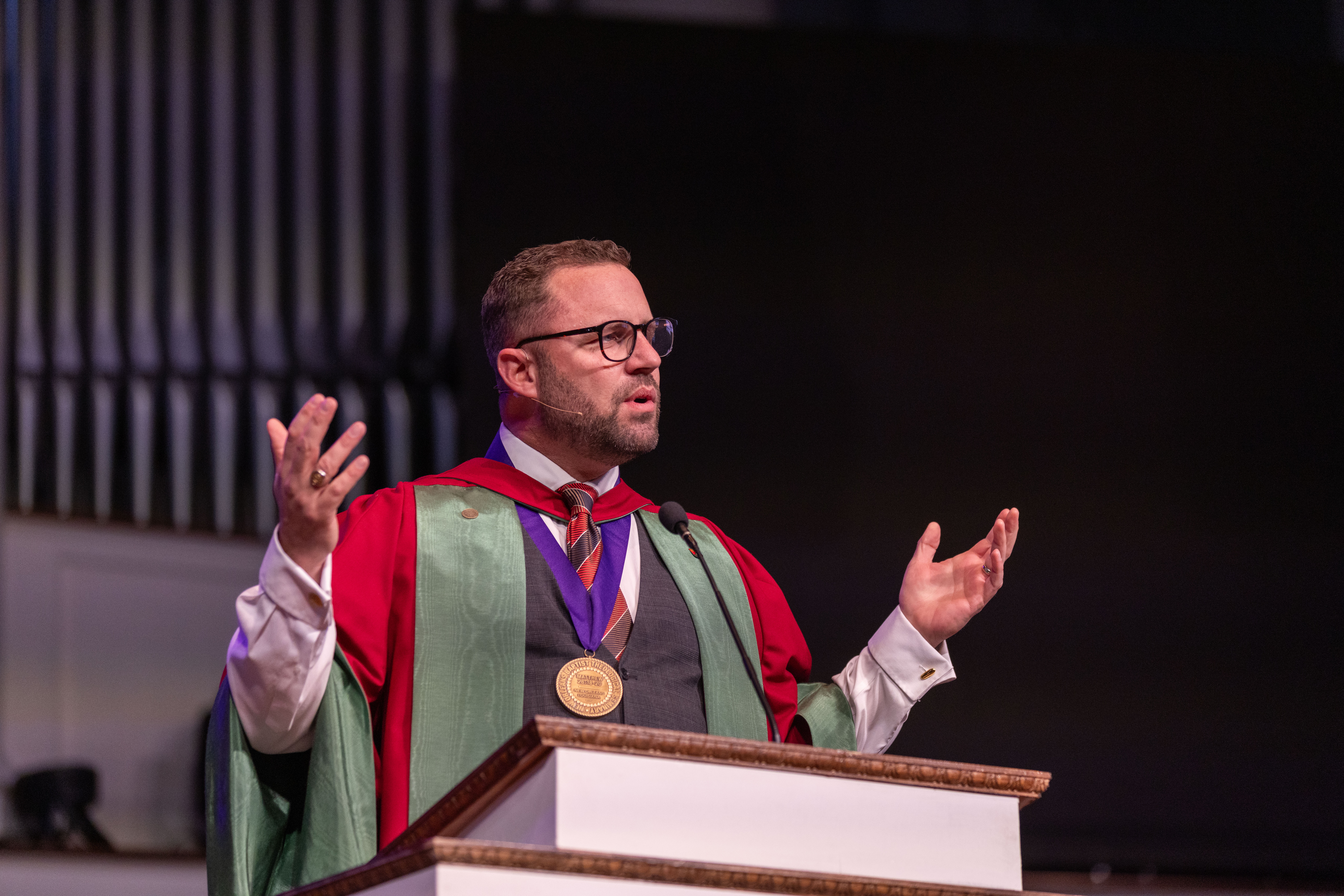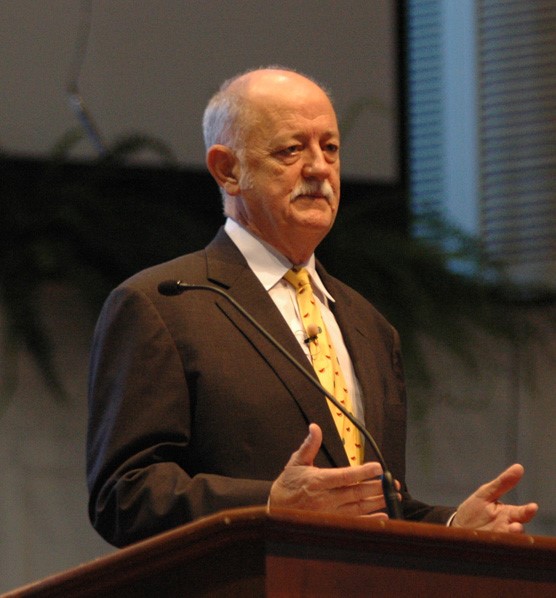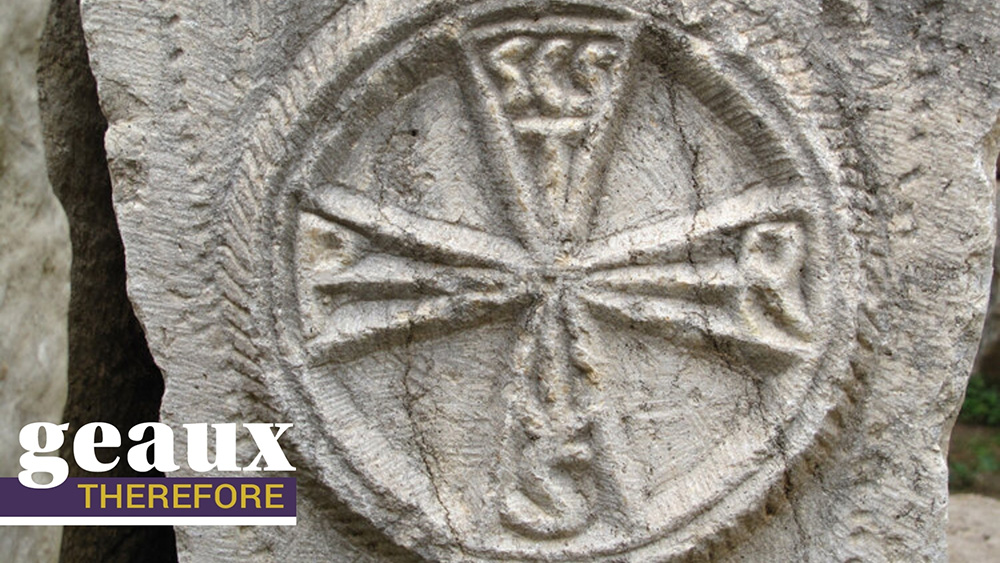







"Do not try to fortify yourself against emotions. Recognize them, name them, and lay them open before the Lord for His training of your responses." (Discipline, 145)
Elisabeth Elliot married Jim Elliot in 1953 when they went ot the mission field to work with the Quichua Indians in Ecuador. The Quichua Indians would soon take Jim's life shortly after the birth of their daughter. While it would have been easy for Elisabeth to pack up and leave, she did the hard thing. She stayed for two more years with the hopes of reaching them for Christ. She looked those who killed her husband in the face and exalted Christ. She forgave for the sake of God's kingdom.
Elisabeth offers four things that helped her forgive:
These 4 steps of forgiveness, in light of Elisabeth's past, can only be accomplished through the power of Christ. Elisabeth writes in her book, Discipline, "It is the will that must deal with the feelings. The will must triumph over them, but only the will that is surrendered to Christ can do this." When Elisabeth offered forgiveness to the men who killed her husband, she set aside herself, her plans, her vindication in order for Christ to work. She knew her life, her husband's life, and even her daughter's life was no more important than the Quichua Indian's life. She knew they needed Jesus. The destination of their soul was more important than her own feelings. Elisabeth did not forget her past, but embraced the power of Christ to forgive those in her past.